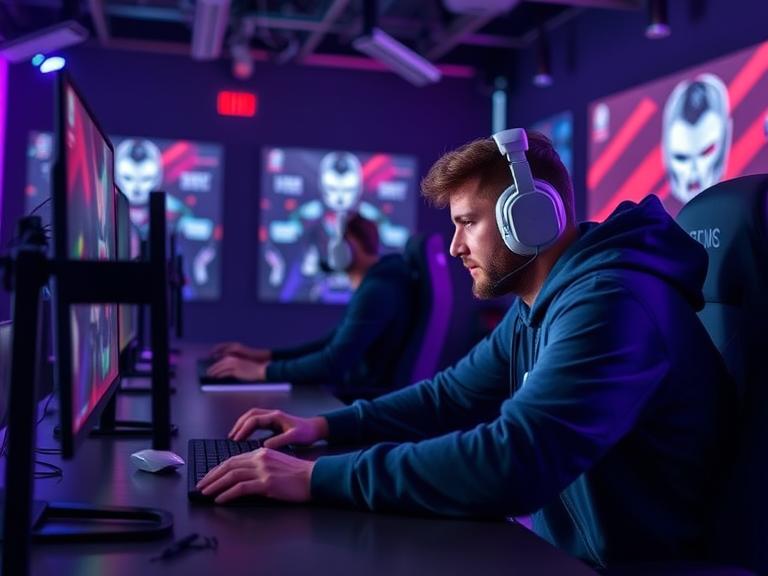In 2025, esports coaching is no longer a niche or temporary gig — it’s a full-blown career. As games become more complex and competitive scenes more structured, coaching has evolved into a multi-disciplinary role blending strategy, psychology, and leadership.
At the highest level, teams employ multiple coaches:
- Strategic Coaches analyze gameplay, develop compositions, and prepare matchup tactics.
- Analysts break down opponents’ VODs and track meta trends across patches.
- Performance Coaches work on communication, stress management, and mental health.
In games like Valorant or Overwatch 2, coaches draft pre-game plans tailored to specific maps and opponents. They guide team identity — should you play aggressive executes or lean into slow defaults? Should your comp counter or mirror the meta?
Coaches also shape scrim culture. They define expectations, set goals, and review team performance critically yet constructively. A great coach builds trust — not just wins.
Importantly, coaching now extends beyond gameplay. Many teams hire former psychologists or military trainers to lead mindset development. These professionals teach players how to handle burnout, tilt, and public pressure.
Aspiring coaches don’t always need pro backgrounds. Many come from streaming, analytics, or community roles — climbing through amateur circuits or collegiate leagues. Certifications, such as Riot’s esports education programs, add legitimacy to the role.
With rising team budgets and structured tournaments, coaching isn’t a side job — it’s a career. And in 2025, good coaches are just as valuable as star players.
